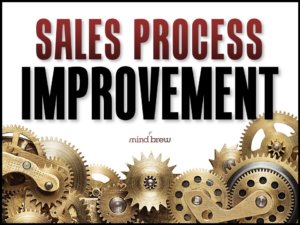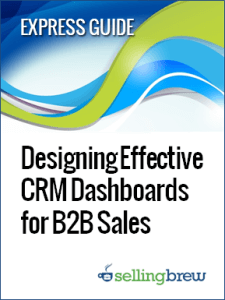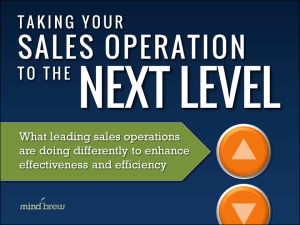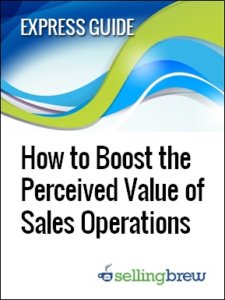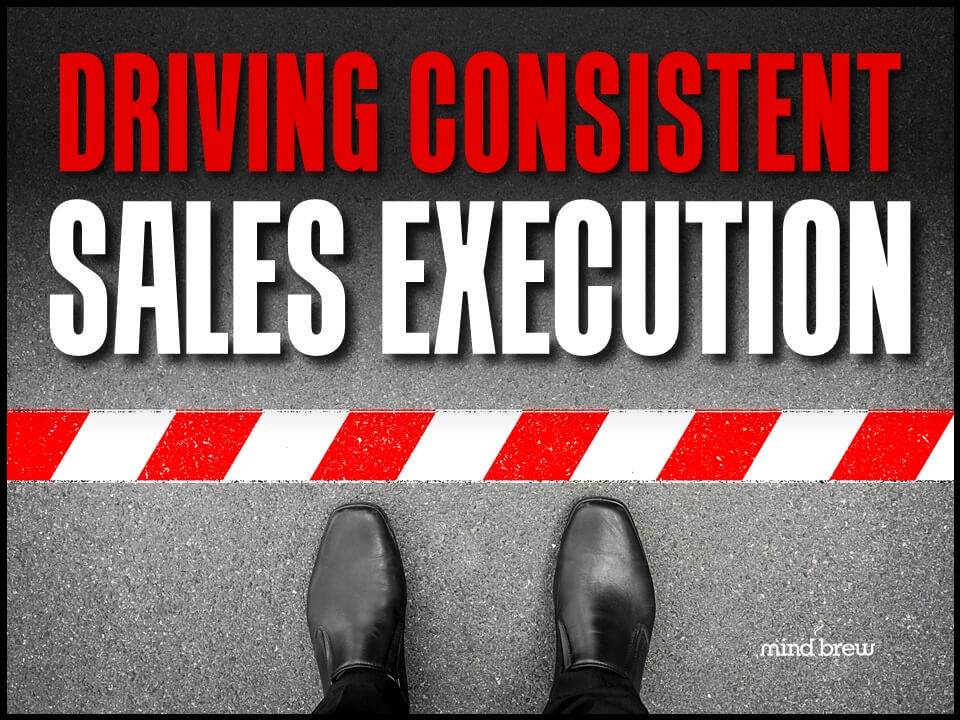A while back, I received some pushback on assertions I’ve made about Sales Ops metrics. And because this pushback likely represents a more broadly-held sentiment, I thought a written clarification would be in order.
The basic theme of the pushback goes something like this:
“You’ve suggested that activity metrics aren’t important. But in our business, they are very important. In fact, activity metrics are what our higher-ups want to see.”
For a bit of context, I typically talk about three basic types of metrics:
- Output Metrics, which measure the benefits being realized in terms of revenue, profit contribution, and so on;
- Process Metrics that are about measuring the time and resource efficiency of underlying processes and procedures;
- And finally, Activity Metrics, which measure the absolute number or volume of certain activities being performed.
Whenever I have the opportunity, I will say…without any reservation and with absolute certainty and conviction…that Output Metrics are far and away the most important and valuable metrics of the bunch!
While I can understand how this might be misconstrued, please note that I do not say that Activity Metrics are unimportant. Nor do I say that Activity Metrics have no value. But I definitely say that Output Metrics are much more important and much more valuable.
And I will stand by that position until my legs give out.
After all, while Activity Metrics are great for things like capacity planning and process diagnostics, they tell you very little about how any of the activities, tasks, and deliverables are affecting the performance of the business. And as a result, they will almost always beg questions that only Output Metrics can answer.
For example, imagine going to your management team after implementing a new quoting system and reporting Activity Metrics—i.e. “Before, we were processing 1,450 quotes per month. After, we’re processing 1,600 quotes per month.”
Now imagine the questions that would likely come next from a sharp COO or CFO—i.e. “What did we get for that? Where is the increase coming from? Demand? Close rates? Turnaround time? Is it incremental or cannibalistic? What difference does it make to overall revenue and contribution margin? And what does it mean in terms of ROI and payback on the tools we invested in?”
You see, while Activity Metrics may…or may not…correlate in some tangential way to business performance outcomes, Output Metrics will…by definition…reflect these impacts directly.
As for higher-ups wanting to see Activity Metrics, my guess is that they just aren’t aware that there’s something better they could and should be asking for. After all, they aren’t omniscient. And they may not know enough about the Sales Ops practice to know what’s possible and most appropriate.
But if that’s the case, you should be proactive about educating them. In addition to giving the higher-ups the Activity Metrics they think they want, you should be proactive about giving them the Output Metrics you know they need.
Because if you wait for someone else to educate the higher-ups, they may ultimately conclude that you lack the business acumen to know the limitations of Activity Metrics.
I hope this explanation provides greater clarity. And I hope Playbook subscribers will continue to speak up and push back as they see fit. I’m not perfect and I make mistakes from time to time. At least that’s what I’ve been told. 🙂



